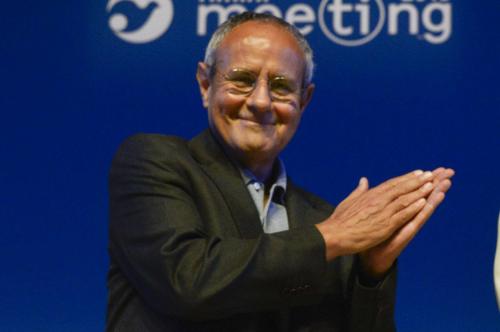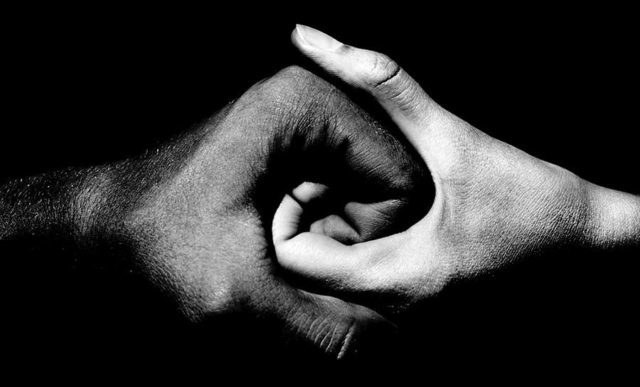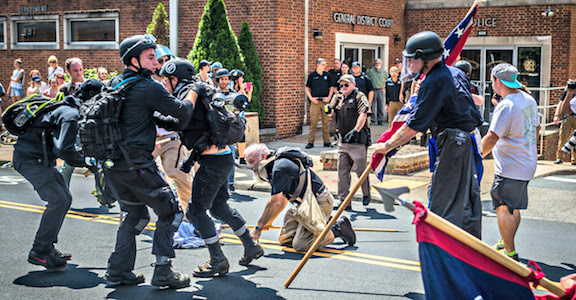Pope Francis accused of propagating heresy
In a document titled Correctio Filialis De Haeresibus Propagatis (Correction subsidiary of heresies propagator) Catholic scholars and lay people world wide have in a letter to Pope Francis raised the issue of heresy in Church doctrine. The letter was sent to Pope Francis, when there was no reply, these Catholics published their letter to the world on September 24th, 2017.
The document deals with two issues facing the Catholic Church, modernism and the influence of Martin Luther on Pope Francis. The document states:
Scandal concerning faith and morals has been given to the Church and to the world by the publication of Amoris laetitia and by other acts through which Your Holiness has sufficiently made clear the scope and purpose of this document. Heresies and other errors have in consequence spread through the Church; for while some bishops and cardinals have continued to defend the divinely revealed truths about marriage, the moral law, and the reception of the sacraments, others have denied these truths, and have received from Your Holiness not rebuke but favour. Those cardinals, by contrast, who have submitted dubia to Your Holiness, in order that by this time-honoured method the truth of the gospel might be easily affirmed, have received no answer but silence. [Emphasis added]
In May 2015 Russ Douthat in The Atlantic column titled Will Pope Francis Break the Church? wrote:
The Church is not yet in the grip of a revolution. The limits, theological and practical, on papal power are still present, and the man who was Jorge Bergoglio has not done anything that explicitly puts them to the test. But his moves and choices (and the media coverage thereof) have generated a revolutionary atmosphere around Catholicism. For the moment, at least, there is a sense that a new springtime has arrived for the Church’s progressives. And among some conservative Catholics, there is a feeling of uncertainty absent since the often-chaotic aftermath of the Second Vatican Council, in the 1960s and ’70s.
It appears that the Church is now in the grip of a “counter revolution” against the policies and politics of Pope Francis.
The following is a summary of Correctio Filialis De Haeresibus Propagatis:
A 25-page letter signed by 40 Catholic clergy and lay scholars was delivered to Pope Francis on August 11th. Since no answer was received from the Holy Father, it is being made public today, 24th September, Feast of Our Lady of Ransom and of Our Lady of Walsingham. The letter, which is open to new signatories, now has the names of 62 clergy and lay scholars from 20 countries, who also represent others lacking the necessary freedom of speech. It has a Latin title: ‘Correctio filialis de haeresibus propagatis’ (literally, ‘A filial correction concerning the propagation of heresies’). It states that the pope has, by his Apostolic Exhortation Amoris laetitia, and by other, related, words, deeds and omissions, effectively upheld 7 heretical positions about marriage, the moral life, and the reception of the sacraments, and has caused these heretical opinions to spread in the Catholic Church. These 7 heresies are expressed by the signatories in Latin, the official language of the Church.
This letter of correction has 3 main parts. In the first part, the signatories explain why, as believing and practising Catholics, they have the right and duty to issue such a correction to the supreme pontiff. Church law itself requires that competent persons not remain silent when the pastors of the Church are misleading the flock. This involves no conflict with the Catholic dogma of papal infallibility, since the Church teaches that a pope must meet strict criteria before his utterances can be considered infallible. Pope Francis has not met these criteria. He has not declared these heretical positions to be definitive teachings of the Church, or stated that Catholics must believe them with the assent of faith. The Church teaches no pope can claim that God has revealed some new truth to him, which it would be obligatory for Catholics to believe.
The second part of the letter is the essential one, since it contains the ‘Correction’ properly speaking. It lists the passages of Amoris laetitia in which heretical positions are insinuated or encouraged, and then it lists words, deeds, and omissions of Pope Francis which make it clear beyond reasonable doubt that he wishes Catholics to interpret these passages in a way that is, in fact, heretical. In particular, the pope has directly or indirectly countenanced the beliefs that obedience to God’s Law can be impossible or undesirable, and that the Church should sometimes accept adultery as compatible with being a practising Catholic.
The final part, called ‘Elucidation’, discusses two causes of this unique crisis. One cause is ‘Modernism’. Theologically speaking, Modernism is the belief that God has not delivered definite truths to the Church, which she must continue to teach in exactly the same sense until the end of time. Modernists hold that God communicates to mankind only experiences., which human beings can reflect on, so as to make various statements about God, life and religion; but such statements are only provisional, never fixed dogmas. Modernism was condemned by Pope St Pius X at the start of the 20th century, but it revived in the middle of the century. The great and continuing confusion caused in the Catholic Church by Modernism obliges the signatories to describe the true meaning of ‘faith’, ‘heresy’, ‘revelation’, and ‘magisterium’.
A second cause of the crisis is the apparent influence of the ideas of Martin Luther on Pope Francis. The letter shows how Luther, the founder of Protestantism, had ideas on marriage, divorce, forgiveness, and divine law which correspond to those which the pope has promoted by word, deed and omission. It also notes the explicit and unprecedented praise given by Pope Francis to the German heresiarch.
The signatories do not venture to judge the degree of awareness with which Pope Francis has propagated the 7 heresies which they list. But they respectfully insist that he condemn these heresies, which he has directly or indirectly upheld.
The signatories profess their loyalty to the holy Roman Church, assure the pope of their prayers, and ask for his apostolic blessing.
VIEW HERE FULL THE DOCUMENT HERE
I was asked by a Rabbi what I thought, as a Catholic, about Pope Francis. My reply was, “I don’t want a Catholic Church that changes with the world. I want a Catholic Church that changes the world.” Perhaps this quote by Bishop Fulton J. Sheen says it best.
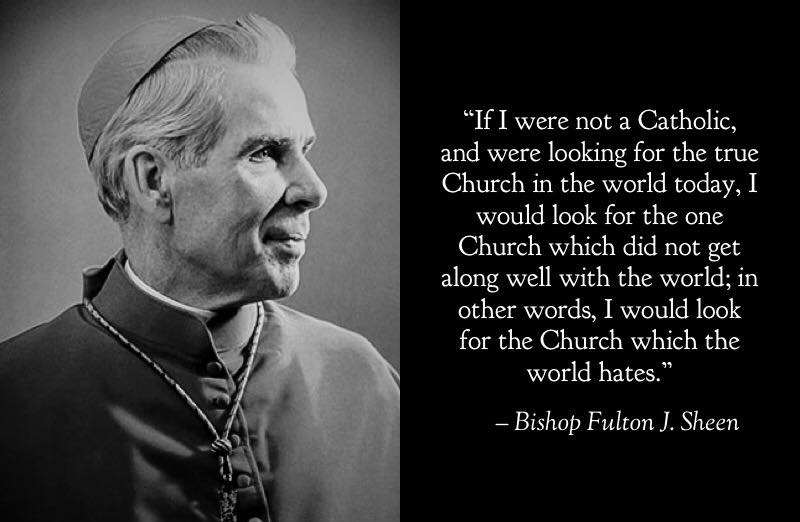
RELATED ARTICLES:
Is the Pope Catholic Enough for Conservatives?
Pope Francis, Fr. Martin, and Faith without Reason
EDITORS NOTE: The featured image is courtesy of The Atlantic.



 From a purely human perspective, the conversion of Muslims is a tall order. It’s not just that Islam is a tough nut to crack, it’s also that some today – usually Catholics – have an aversion to conversion. (Even the pope had denounced “proselytism.”) In good multicultural fashion, they don’t want to fiddle with the unique cultural identity of the “other.”
From a purely human perspective, the conversion of Muslims is a tall order. It’s not just that Islam is a tough nut to crack, it’s also that some today – usually Catholics – have an aversion to conversion. (Even the pope had denounced “proselytism.”) In good multicultural fashion, they don’t want to fiddle with the unique cultural identity of the “other.”
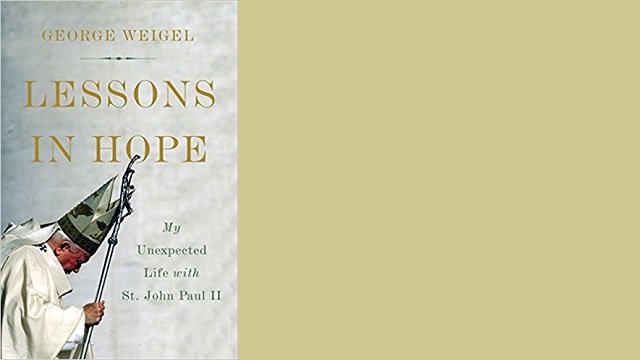
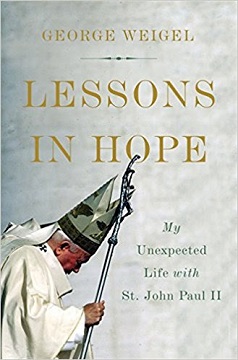 From the new book, one learns a good deal about John Paul II, particularly in the more intimate setting of shared meals. For John Paul reveled in conversation. As one collaborator remarked of him: “all conversation, all the time.”
From the new book, one learns a good deal about John Paul II, particularly in the more intimate setting of shared meals. For John Paul reveled in conversation. As one collaborator remarked of him: “all conversation, all the time.”

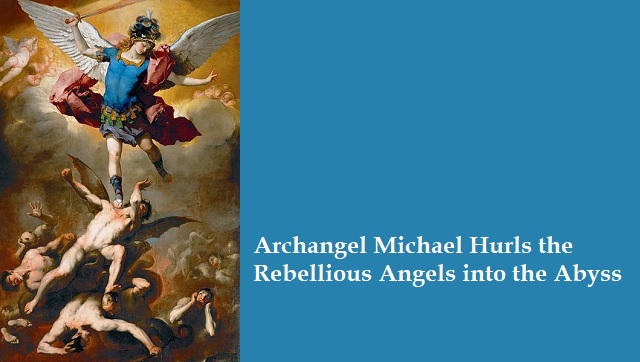
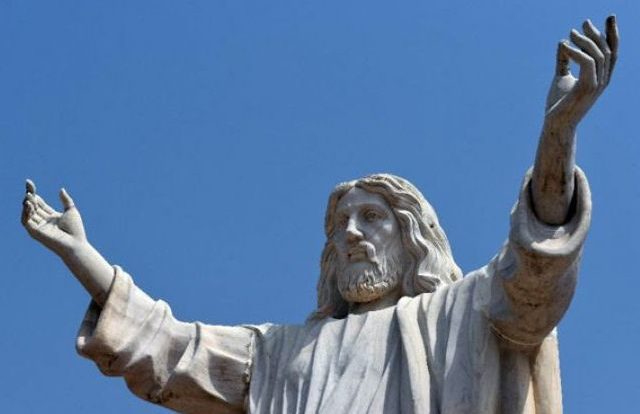
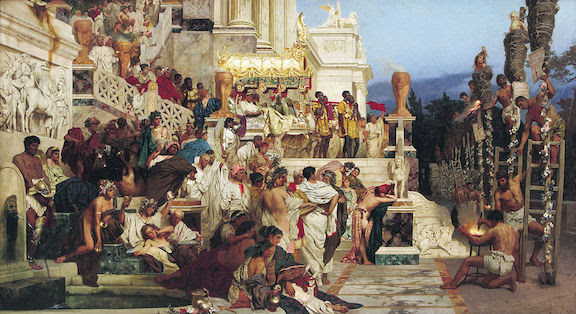 As the newcomers were gradually integrated into the American way of life, the nation continued to have an informal and unofficial religion. This time it was no longer pure Protestantism. Instead it was a “Judeo-Christian” religion, a common denominator religion based on those faith-and-morality elements that Protestants, Catholics, and Jews agreed on. But this Judeo-Christian faith was much more Protestant in tone than it was Catholic or Jewish. This Protestant tone was especially notable in its belief in the right of private judgment.
As the newcomers were gradually integrated into the American way of life, the nation continued to have an informal and unofficial religion. This time it was no longer pure Protestantism. Instead it was a “Judeo-Christian” religion, a common denominator religion based on those faith-and-morality elements that Protestants, Catholics, and Jews agreed on. But this Judeo-Christian faith was much more Protestant in tone than it was Catholic or Jewish. This Protestant tone was especially notable in its belief in the right of private judgment.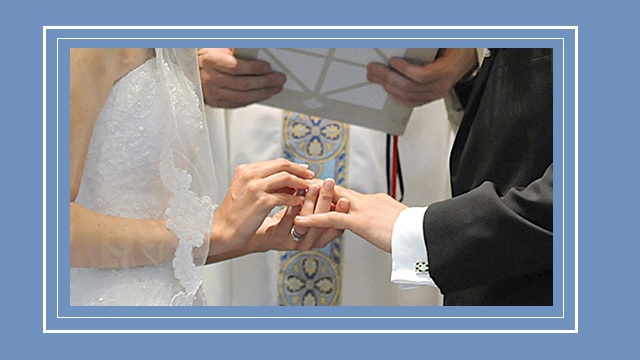

 Eduardo J. Echeverria is Professor of Philosophy and Systematic Theology, Sacred Heart Major Seminary, Detroit. His publications include Pope Francis: The Legacy of Vatican II (2015) and Divine Election: A Catholic Orientation in Dogmatic and Ecumenical Perspective (2016).
Eduardo J. Echeverria is Professor of Philosophy and Systematic Theology, Sacred Heart Major Seminary, Detroit. His publications include Pope Francis: The Legacy of Vatican II (2015) and Divine Election: A Catholic Orientation in Dogmatic and Ecumenical Perspective (2016).





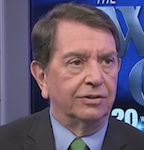 Robert Royal is editor-in-chief of The Catholic Thing, and president of the Faith & Reason Institute in Washington, D.C. His most recent book is
Robert Royal is editor-in-chief of The Catholic Thing, and president of the Faith & Reason Institute in Washington, D.C. His most recent book is 
